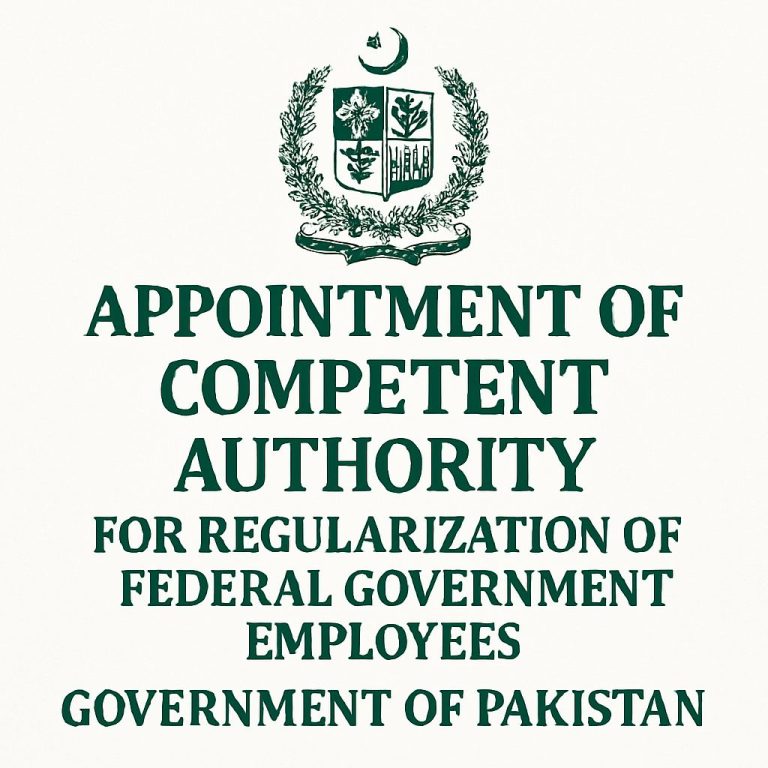
Discover how to prepare your business for the future of work. Learn key strategies to adapt and thrive in a rapidly changing landscape.
Introduction
The future of work is no longer a distant concept—it’s happening right now. Advances in technology, the rise of remote work, and changing workforce expectations are reshaping how businesses operate. To stay competitive, companies must embrace innovation, agility, and people-first strategies. This article explores key ways to adapt and succeed in this evolving landscape.
Embracing Flexible Work Models
Work flexibility has shifted from a perk to a necessity. Remote and hybrid models offer employees autonomy, improve job satisfaction, and expand the talent pool. Businesses benefit from reduced overheads and increased productivity. Tools like Zoom, Slack, and Asana enable seamless communication and collaboration. Companies that fail to support flexible work risk losing skilled professionals to more progressive competitors.
Investing in Digital Transformation
To thrive in the future of work, digital readiness is crucial. Embrace automation, artificial intelligence (AI), and data analytics to streamline operations and enhance customer experiences. Cloud-based platforms support scalability and remote accessibility. Organizations should prioritize cybersecurity and invest in employee training to ensure effective adoption of new technologies.
Prioritizing Employee Well-being
Employees are the backbone of any business. Supporting their mental, physical, and emotional well-being is essential. Provide access to wellness programs, flexible hours, and mental health resources. Foster a supportive culture where employees feel heard and valued. Happy employees are more engaged, loyal, and productive.
Upskilling and Continuous Learning
The rapid pace of change requires a skilled and adaptable workforce. Encourage continuous learning through workshops, e-learning platforms, and mentorship programs. Focus on both technical and soft skills. Businesses that invest in their people not only improve performance but also boost retention.
Encouraging a Culture of Innovation
Innovation isn’t just for startups. Encourage employees to share ideas, experiment, and learn from failure. Create a safe space for creativity and collaboration. Recognize and reward innovative thinking. A culture that nurtures innovation stays agile and resilient in the face of change.
Leadership for the Future
Modern leaders must lead with empathy, transparency, and purpose. They should inspire trust, communicate clearly, and empower teams to make decisions. Emotional intelligence and adaptability are key traits for 21st-century leadership. Train leaders to embrace change and model the behavior they wish to see.
Conclusion
Adapting to the future of work is essential for long-term success. Businesses must embrace flexibility, invest in technology, prioritize well-being, and foster a culture of continuous learning. The future belongs to those who are ready to evolve. Start today—your future workforce is waiting.






